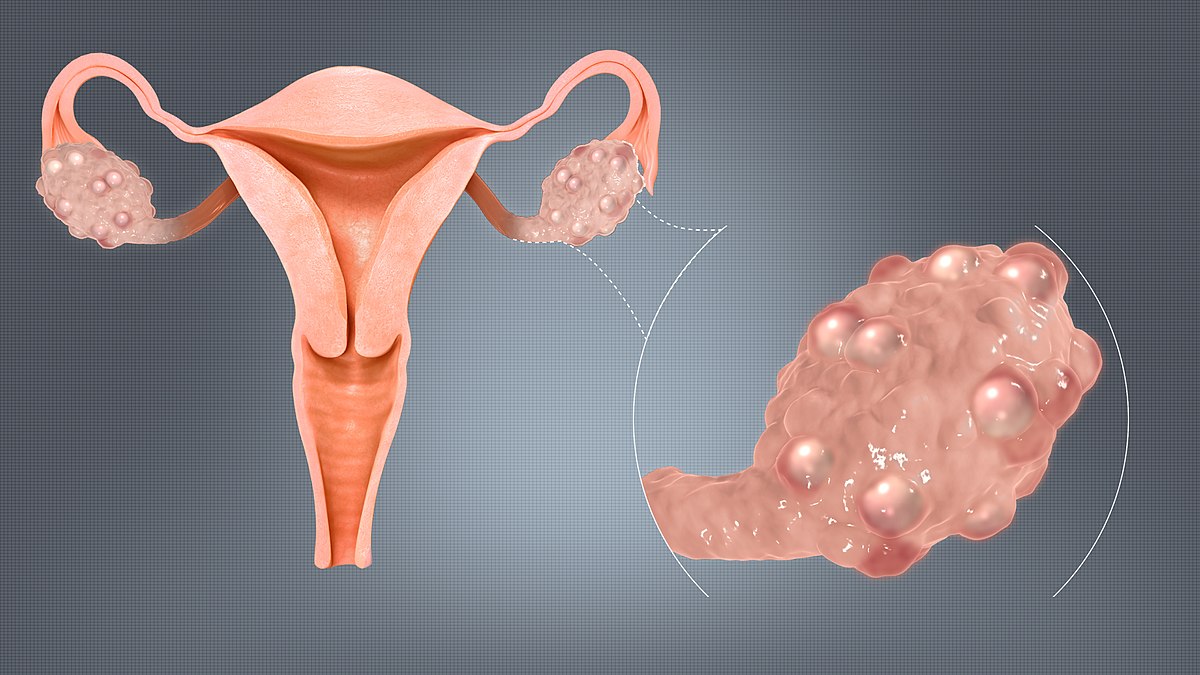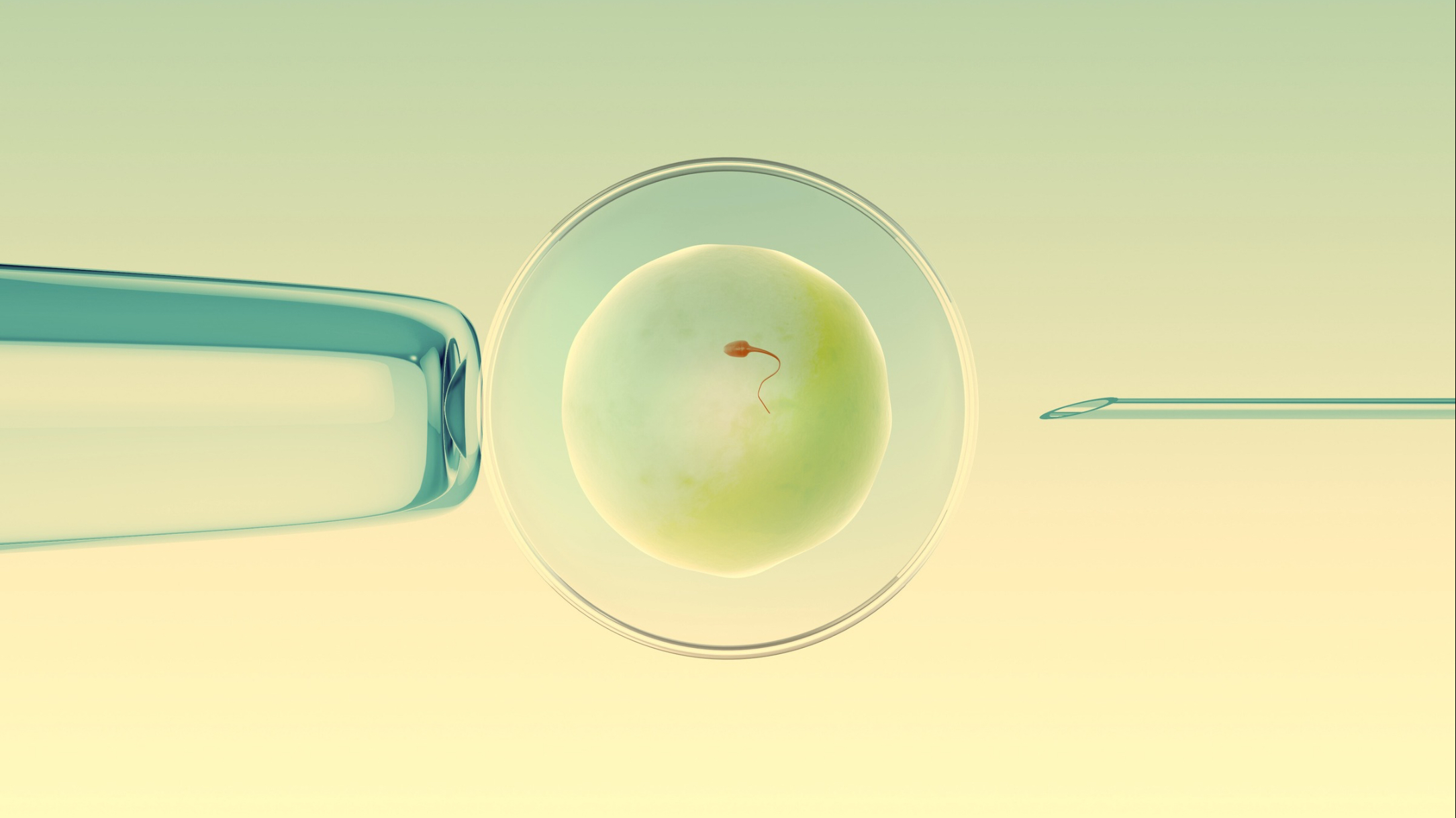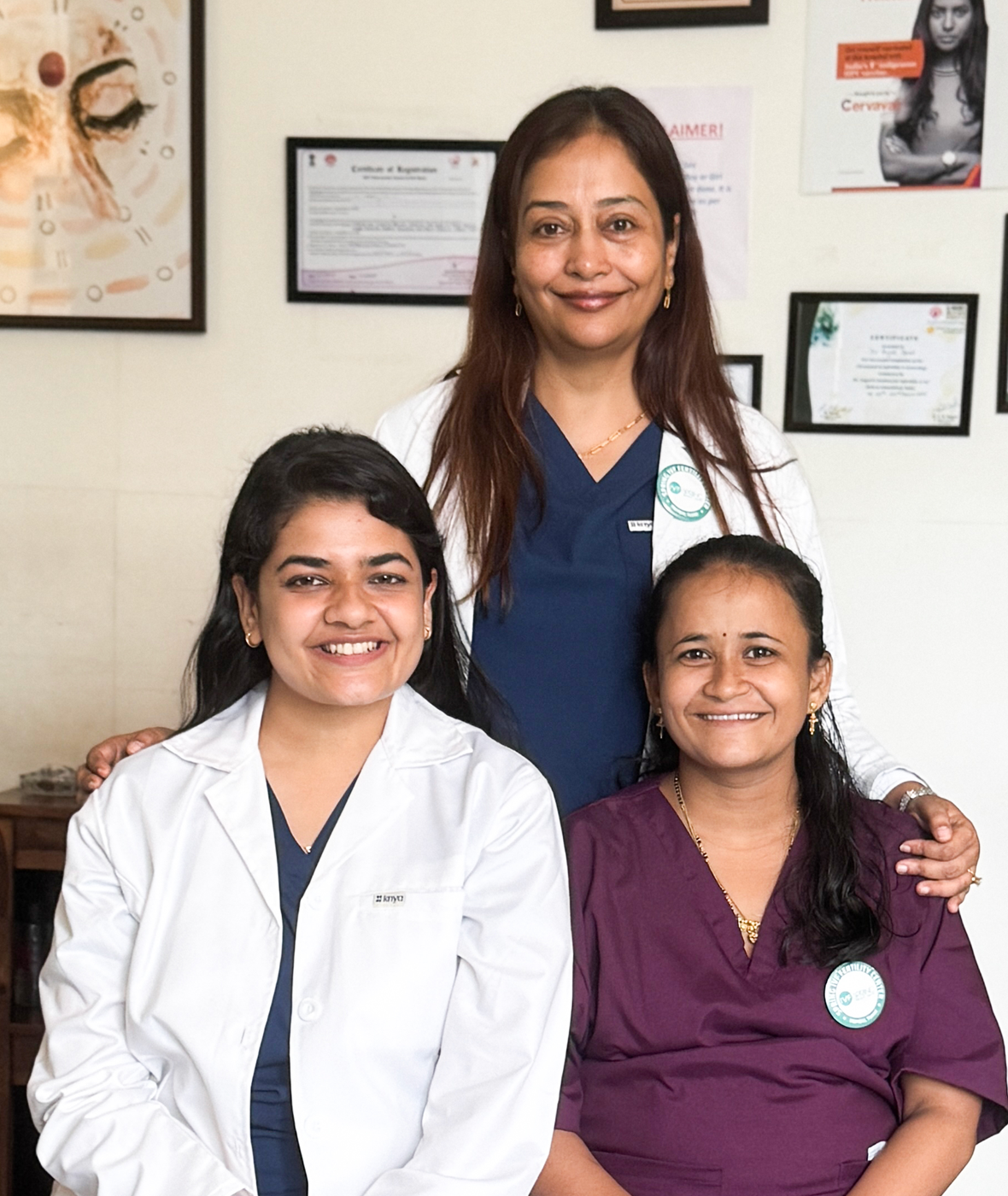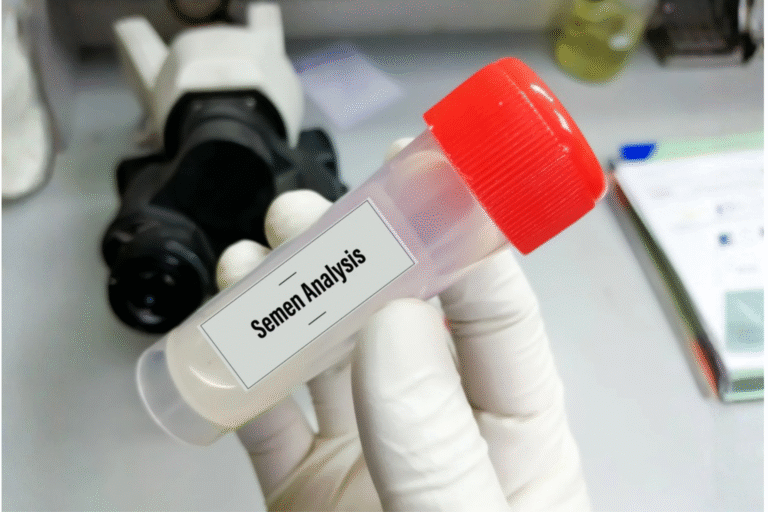Everyone’s talking about PCOS these days, but most people don’t fully understand what it means for getting pregnant. Let’s clear that up.
If you’ve been diagnosed with PCOS, you’ve probably been told it is pretty difficult or even impossible to conceive. Let’s clear the air right now: PCOS is incredibly common in Indian women, and yes, it affects fertility. But it’s also one of the most treatable causes of infertility we see.
So take a breath. We’re going to walk through this together.
The Numbers: You're Really Not Alone
Here’s a fact that should matter to you: a large national study found that 19.6% of Indian women have PCOS—that’s roughly 1 in 5 women. In cities like Mumbai, it’s even higher.
If you’re sitting in our waiting room, you’re probably next to someone else dealing with the exact same thing. PCOS isn’t rare. It’s an epidemic. And that matters because it means we’ve treated thousands of women just like you.

Why Indian Women? The Genetic Cards We Were Dealt
Indian women have a genetic tendency toward insulin resistance. It’s not about what you ate or didn’t do right—you were born with a body that processes insulin differently than other ethnicities.
Think of insulin as a key that opens doors in your cells to let sugar in for energy. In insulin resistance, those doors get sticky. Your body makes more and more keys (insulin) trying to get them open. All that extra insulin floating around? It tells your ovaries to make more male hormones (androgens), which throws off your entire hormonal balance.
The result: irregular periods, trouble ovulating, and that frustrating weight that settles around your middle and refuses to budge no matter what you do.
This is why your grandmother probably didn’t have PCOS at these rates—it’s the combination of our genetic susceptibility plus modern lifestyle (processed foods, stress, sitting at desks all day) that creates the perfect storm.
The Lesser-Known Fact: You Have More Antral Follicles, But That's Not Always an Advantage
Here’s something interesting that rarely gets discussed: women with PCOS typically have more antral follicles in their ovaries than women without it.
Those “polycystic” ovaries? They’re actually filled with more follicles (tiny fluid-filled sacs that contain eggs). This is why ultrasounds show that characteristic “string of pearls” appearance, and why your AMH levels (a hormone that reflects egg count) are often higher than average.
Sounds like good news, right? More follicles = better fertility? Not exactly. Having more follicles doesn’t mean that the eggs are developing properly or ovulating regularly. Think of it like having a full pantry but no working stove—quantity without function doesn’t help you cook dinner.
What About Egg Quality?
This is where things get a bit complicated, so let’s be honest about what we know and what we don’t.
The truth: We can’t actually test egg quality directly. When doctors retrieve eggs during IVF, we can count them and see them under a microscope, but quality is something we infer from age and how eggs look under the microscope.
What research suggests: Women with PCOS might have some egg quality issues related to inflammation and how the fluid around developing eggs (called follicular fluid) is different in PCOS. This fluid in PCOS tends to have more inflammation and higher testosterone levels, which can affect how eggs develop.
The reality in practice: Some women with PCOS have excellent egg quality and get pregnant easily with simple treatments. Others need more help. The specific type of PCOS matters—if you have significant insulin resistance, you might face more egg quality challenges. The frustrating bit is, we often have no information regarding egg quality till you undergo IVF.
The bottom line: Having PCOS doesn’t automatically mean poor egg quality. It means we need to address the underlying issues—especially insulin resistance—to give your eggs the best environment to develop.
Weight, Diet, and the Conversation Nobody Wants to Have
Let’s talk about weight, because avoiding it doesn’t help anyone.
If you’re overweight and have PCOS, you’ve probably been told a hundred times to “just lose weight.” As if you hadn’t thought of that. As if it were simple. Here’s what’s actually happening:
PCOS makes weight loss harder because of insulin resistance and inflammation. But here’s the frustrating catch-22: excess weight (especially around your belly) makes PCOS worse. Fat tissue isn’t just storage—it produces hormones that worsen insulin resistance and androgen levels.
The good news? Even 5-10% weight loss can restart ovulation in many women. We’re not talking about becoming thin. We’re talking about 5-7 kilograms if you weigh 70 kg. That’s achievable.
What actually helps:
- Low glycemic index foods: Choose foods that don’t spike your blood sugar. Think brown rice over white rice, dal over sugary snacks, vegetables, lean protein. You’re not cutting out all carbs (we’re Indian, let’s be realistic), but choosing smarter ones.
- Regular exercise: 30 minutes daily. Walking counts. Yoga counts. It doesn’t have to be CrossFit. Movement improves insulin sensitivity more than you’d think.
- Protein at every meal: This helps stabilize blood sugar and keeps you full. Add paneer to your sabzi, have eggs for breakfast, include dal at lunch.
If you’re already at a healthy weight with PCOS? Then weight loss isn’t your answer, and don’t let anyone shame you into thinking otherwise. Your focus should be on blood sugar balance and reducing inflammation through diet.

When Should You Visit A Doctor and What to expect
Here’s where we get practical. PCOS is actually highly treatable.
First-line treatment: Usually starts with simple ovulation induction medications—tablets you take for 5 days at the start of your cycle. These work for many women, and success rates are good. Some women get pregnant within 3-6 cycles of trying with these medications.
Second-line treatment: If tablets don’t work, we move to injectable medications that stimulate your ovaries. These require more monitoring but have higher success rates.
IVF: And here’s something that might surprise you—women with PCOS often do very well with IVF. You tend to produce more eggs during the retrieval process (because you have more follicles), and pregnancy rates are similar to women without PCOS. In some studies, women over 35 with PCOS actually have better outcomes than women without PCOS of the same age.
The main thing we watch for with PCOS and fertility treatment is ovarian hyperstimulation syndrome (OHSS)—when your ovaries respond too enthusiastically to medications. We’re very careful about monitoring to prevent this.
Your Timeline Matters
Women with PCOS tend to have babies at an older age than women without it, but not because PCOS makes you infertile until you’re older. It’s because many women spend years being told their irregular periods are “normal” before anyone investigates properly.
This is why we say: Don’t wait 12 months if you have PCOS and irregular cycles. If you’ve been trying for 6 months without success, come in. If you’re over 35, come in immediately.
Time isn’t necessarily your enemy with PCOS—but delayed diagnosis and treatment is.

The Bottom Line And How Spring Fertility can help you
PCOS is frustratingly common in Indian women—roughly 1 in 5 of us. It’s linked to insulin resistance, which we’re genetically prone to, and modern lifestyle makes it worse. It does affect fertility, mainly by disrupting ovulation.
But here’s what we see every single day in our clinic: PCOS is one of the most treatable causes of infertility. We have medications that work. We have evidence-based protocols. We have years of data showing that most women with PCOS who want children can have them.
Your diagnosis is not your destiny. It’s just your starting point.
And we know the way forward.
Ready to Take Control of Your PCOS and Your Fertility?
If you’ve been diagnosed with PCOS or suspect you might have it, don’t let confusion or fear keep you waiting. Our team has helped hundreds of Mumbai women with PCOS achieve successful pregnancies. Book a consultation today, and let’s create a personalized treatment plan based on your specific type of PCOS, your timeline, and your goals.
Because you deserve clear answers, effective treatment, and realistic hope.









